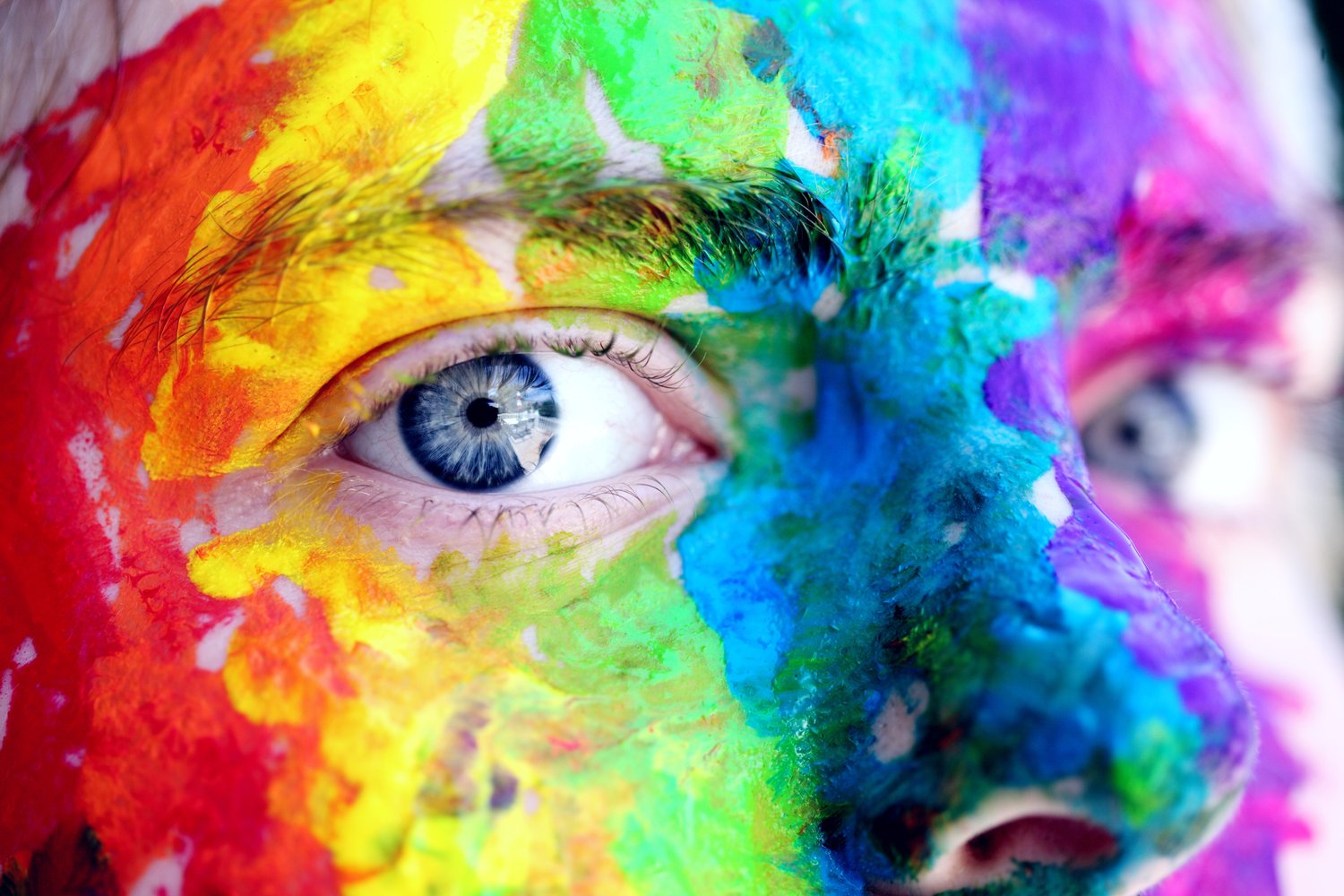The dangers of dismissing sexuality at work


“Courtney, please stay after class,” my trigonometry teacher announced right as the bell rang.
I looked at my friends, rolled my eyes and said to them, “See you at lunch.”
I waited until my classmates had left and walked towards the front of the room. My five foot, gray-haired teacher waited until everyone had gone until she said to me in a quiet tone, “I can see your bra straps.”
My 16 year-old self, confident as hell, quipped, “Of course you can. Because I’m wearing one.”
Concerned, my teacher took a step towards me and said, “You know that violates school policy. Please go to the office and explain the situation to the secretary.”
“I’m going to miss fourth period if I do that,” I protested.
She looked at me, crossing her arms and replied, “Maybe you should’ve thought about that before you came to school in such a distracting outfit.” Returning to her desk, she pointed to the door, signaling that this conversation was over.
Twenty-five years later, I still think about this interaction. Moreso, I think about the word she used to describe my presence-a distraction. How I was expressing myself through my clothing, how I took up space, those were supposedly distracting my fellow classmates. Apparently, it was preventing them from really focusing on finding the cosine. The fact that I was respectful, engaged, and a great student did not matter
I’d love to say that this was an anomaly. But it wasn’t. Despite my outstanding performances at school or at work, my enthusiastic engagement with classmates or colleagues, I was still judged for how I expressed my sexuality. For how I dressed. For how I communicated. For my presence. So I began to believe that I had to conform to be accepted. I had to suppress my sexuality to survive in the professional world.
That’s the message we receive. We need to dress a certain way. Fit a specific mold. All so that we can belong. Because even if you’re in a job you loathe, most of us still want to feel like we’re a part of the collective. It’s a biological tendency we are predisposed to, an evolutionary survival mechanism. So when we’re at a workplace where we feel like we can’t be ourselves, it forces us to disconnect from who we are. When we internalize the messages that expressing who we are isn’t safe, we hide the parts of us that put us most at risk. And what makes us the most vulnerable? Our sexuality.
When I refer to sexuality, I don’t just mean sexual orientation. Sure, that’s one component of it. But I also mean our gender identity, our femininity/masculinity, pleasure, body, and sensuality.
Here’s what a lot of people don’t realize.
Source link


